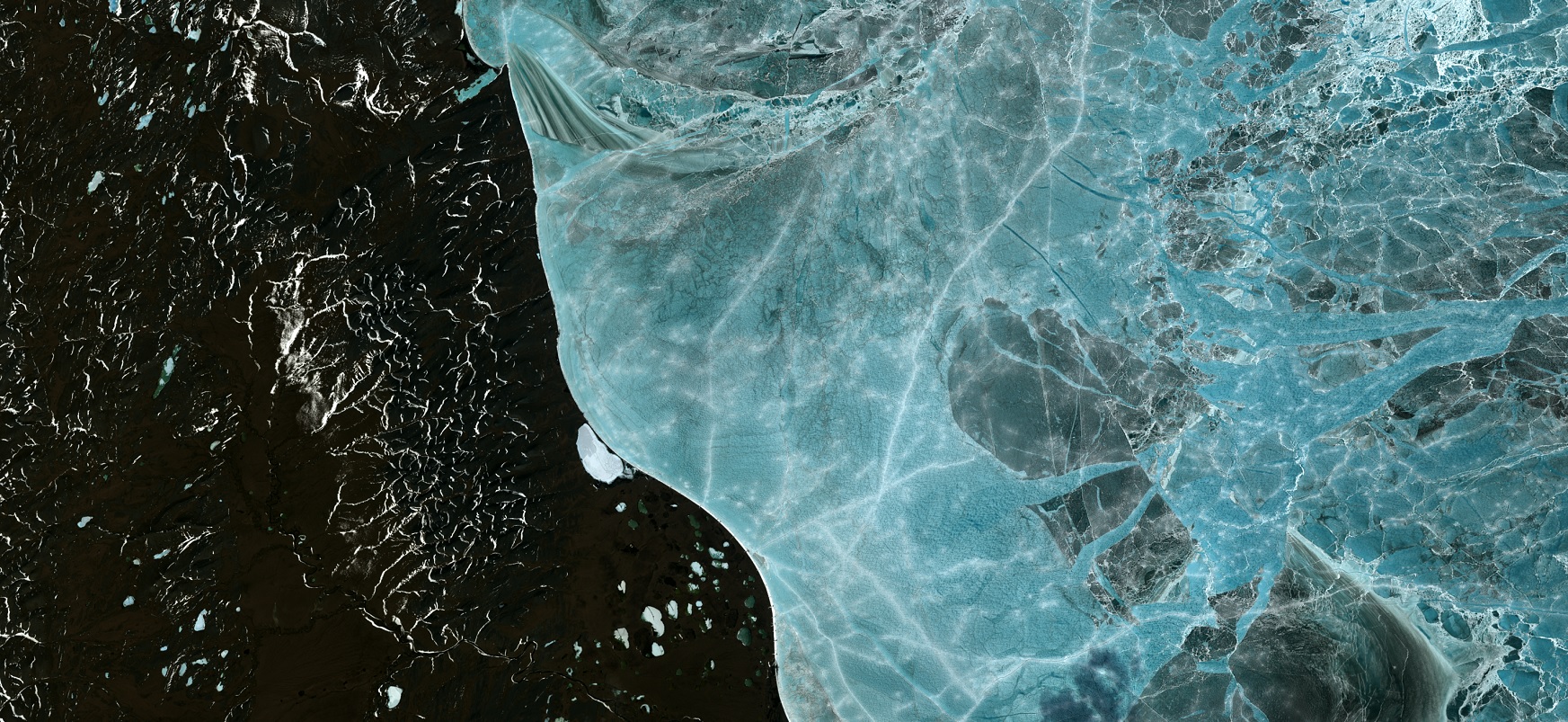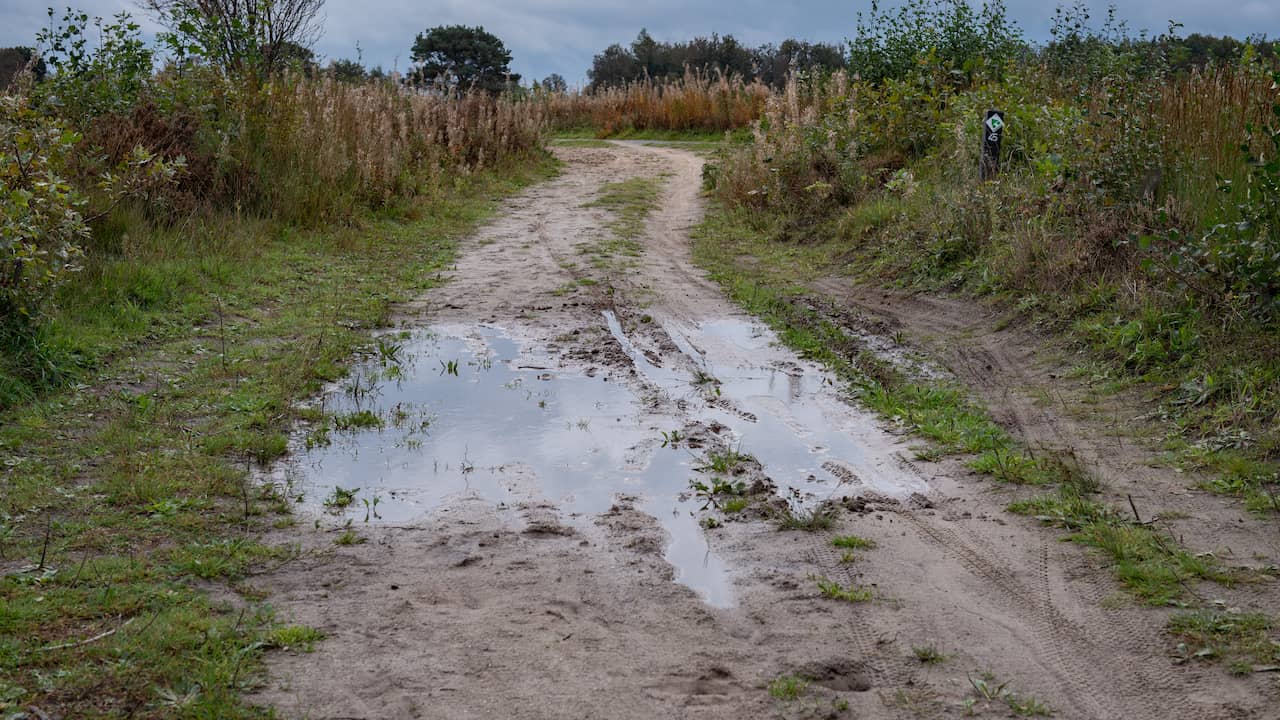Changes, changes, changes. It is the end of October for the first time in history, and the Laptev Sea, off the northern coast of Asia, is still not frozen.
Every year so far, this part of the Arctic Ocean was frozen in late October. This time, however, the waters of the Atlantic, whose temperatures have increased by over 5 degrees in recent years, entered the natural, well-stabilized cycle.
The fact that the heat stored in the water slowly escapes to the atmosphere has made the waters of the Laptev Sea still too warm to freeze. It is no wonder then that, at this time of year, the record-breaking part of the Arctic Ocean is still not frozen.
–
Arctic no ice before 2050
In a conversation with the journal Guardian Colorado State University climatologists warn that if we fail to reduce the amount of greenhouse gases emitted into the atmosphere in the near future, we can expect a year in the next few decades when there will be no ice in the Arctic in summer.
Atlantic Ocean breaks into the Arctic
In addition to rising air temperatures, changes in ocean currents have a significant impact on the situation in the Arctic Ocean, pushing large amounts of warmer Atlantic waters into the Arctic regions. The result is an ever thinner layer of ice in the Arctic. The average thickness of the ice sheet has halved over the past four decades. Researchers believe this will lead to a summer in which there will be no ice in the Arctic before 2050.
The question is not “if” but “when”
– says Walt Meier, researcher at the US National Snow and Ice Data Center.
The delayed freezing of the Laptev Sea only accelerates this process. The less ice there is in the water, the less white surface that reflects the heat back into outer space. Thus, the temperature will rise faster and the ice cover will shrink faster.
Could it have been prevented? Of course. The current trend does not surprise anyone, as climatologists predicted these events decades ago. Now we are only witnessing the effects of negligence in the field of climate protection.
–


